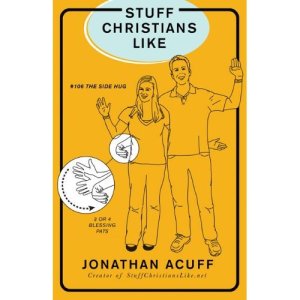My thoughts on how to educate children have changed/shifted/grown/matured a lot during my ministry. I will save you all the ends and outs of the progression and tell you where I am right now. I believe in the Classical model of education. I know that most of you are saying “what’s that?” and I will explain. Those of you that know what I mean feel free to not read the rest of this unless you feel the need to make sure I explain it well. I will try to be brief, but there are some new vocabulary words here that I had to learn.
The classical method could also be referred to as teaching “old school” as in, way old, like back in the days of Plato, Jesus and Paul. Back then they just called it “education.” The classical method is divided into tress stages called the Trivium.
The first stage is called the grammar stage. This stage begins (in my opinion) at birth and goes on to about 6th grade. This stage utilizes the fact that God created young children to be able to learn facts easily. In this stage the goal is to essentially gives kids as much information as possible. For church purposes this means memorizing verses, Bible Stories, timelines, maps etc. The goal is not complete mastery of a subject, but to provide a series of “pegs” that deeper knowledge can be hung on later.
The second stage, which begins at 5th or 6th grade, is the logic (or dialectic) stage. During these years kids begin to naturally question everything and this is where we begin to utilize the pegs that were created in the grammar stage. Kids begin to link things together and try to understand “why.” This is the age where kids begin to understand abstract things and are ready to “go deeper.”
The final stage is called the Rhetoric stage. In 9th or 10th grade children are ready to learn to communicate the body of knowledge that they know and have now analyzed. They have gone from learning Bible stories to putting them together and now are ready to defend their faith in a compelling way.
This is by no means an awesome explanation of the Classical Model but it gives a framework to help you better understand other things I may say at a later time.
Though I have never led it, my reasearch into the AWANA program leads me to believe that it is based on a classical model of education. Kids start out by learning hundred of verses, they progress to the next level of learning about the verses and finally they learn to communicate biblical truths.
Thanks for reading all of this, I will have to write later about how this info is useful in Children’s ministry.




